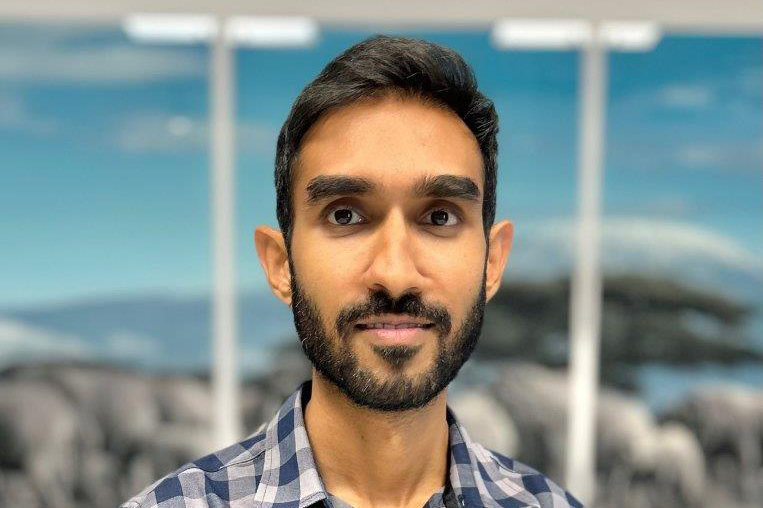
Caption: Jatin Hari, senior engineer, AECOM.
World Engineering Day on 4 March is a significant occasion to recognise the pivotal role of engineering in shaping our world. This is Part 1 of a three-part series.
Engineering and resource planning play crucial roles in achieving sustainable development and building resilient infrastructure. It encompasses the design, construction and management of systems.
The 2024 theme is ‘Engineering Solutions for a Sustainable World’, which showcases how engineers develop innovative solutions to address global challenges such as climate change in support of the UN Sustainable Development Goals (SDGs).
Celebrating engineers raises awareness about their contributions and inspires young minds to pursue careers in engineering, ensuring a talent pipeline for future generations. Globally trusted infrastructure consulting firm AECOM showcases three exceptional engineers from its ranks.
Jatin Hari, senior engineer
“Engineering, and in particular civil engineering, is the backbone of sustainable development,” says Hari, who obtained his professional Registration with ECSA last year. “The focus on sustainable development is crucial as we are starting to feel the impacts of many years of unsustainable practices through climate change and degradation of infrastructure. In a developing country, sustainability is often overlooked as there is more focus placed on costs and time.”
This may result in solutions that have a negative impact over the long run. There are many stakeholders involved in infrastructure projects, some of which may not understand the value of sustainability.
“As consulting engineers, we can implement sustainable solutions in the design and construction of infrastructure. However, it is equally important that the infrastructure is operated and maintained in a sustainable manner. When developing engineering solutions, current and future risks are considered. With the fast pace of change in the world, it becomes increasingly more difficult to foresee all the risks.”
Hari received a bursary from AECOM to complete his civil engineering degree at the University of KwaZulu-Natal. Upon graduation he started working at AECOM, where he has been for the past nine years.
During that time, he has worked mostly on local municipal or government projects but has also had some exposure to private industrial clients and international work due to a few projects in the Middle East and the UK.
“Engineers have a responsibility to consider the long term social, cultural, environmental and sustainability impacts of engineering activities. As long as this is kept front of mind, engineering solutions will contribute to a sustainable world. Furthermore, with innovation and advances in technology, engineers can now better identify and mitigate risks to sustainability,” comments Hari.
He points to the UN Sustainable Development Goal (SDG) of the provision of clean water and sanitation. At a higher level, the majority of the water-related projects that Jatin’s team works on promote sustainability by addressing these basic human needs.
“I have been involved in projects for the supply of water to rural areas that previously had limited access. I also worked on a water transfer scheme to ensure the long-term supply of water to a region, thereby reducing the impact of low rainfall and promoting economic growth,” adds Hari.
Engineers must also consider more detailed aspects, such as the material selection of pipes to ensure they pose no harm to the environment and humans, are more durable and prevent water losses. “Implementing smart metering is also a great way to ensure sustainable use of this precious resource,” says Hari.
A second engineer is profiled in Part 2.
More news
- CELEBRATING EXCELLENCE IN THE RESIDENTIAL PROPERTY SECTOR
- PART 4: GIBS PANEL DISCUSSES INTEMEDIATE CITIES ROLE IN AFRICA’S DEVELOPMENT
- EXPOSED AGGREGATE PAVERS COMPLEMENT NEW LIFESTYLE CENTRE
- GIBS PANEL EXPLORES ROLE OF INTERMEDIATE CITIES IN SA’S DEVELOPMENT PART 3
- CITI-CON’S CONCRETE KNOWLEDGE SUCCESSFULLY DEPLOYED ON NEW LANDMARK DEVELOPMENT





